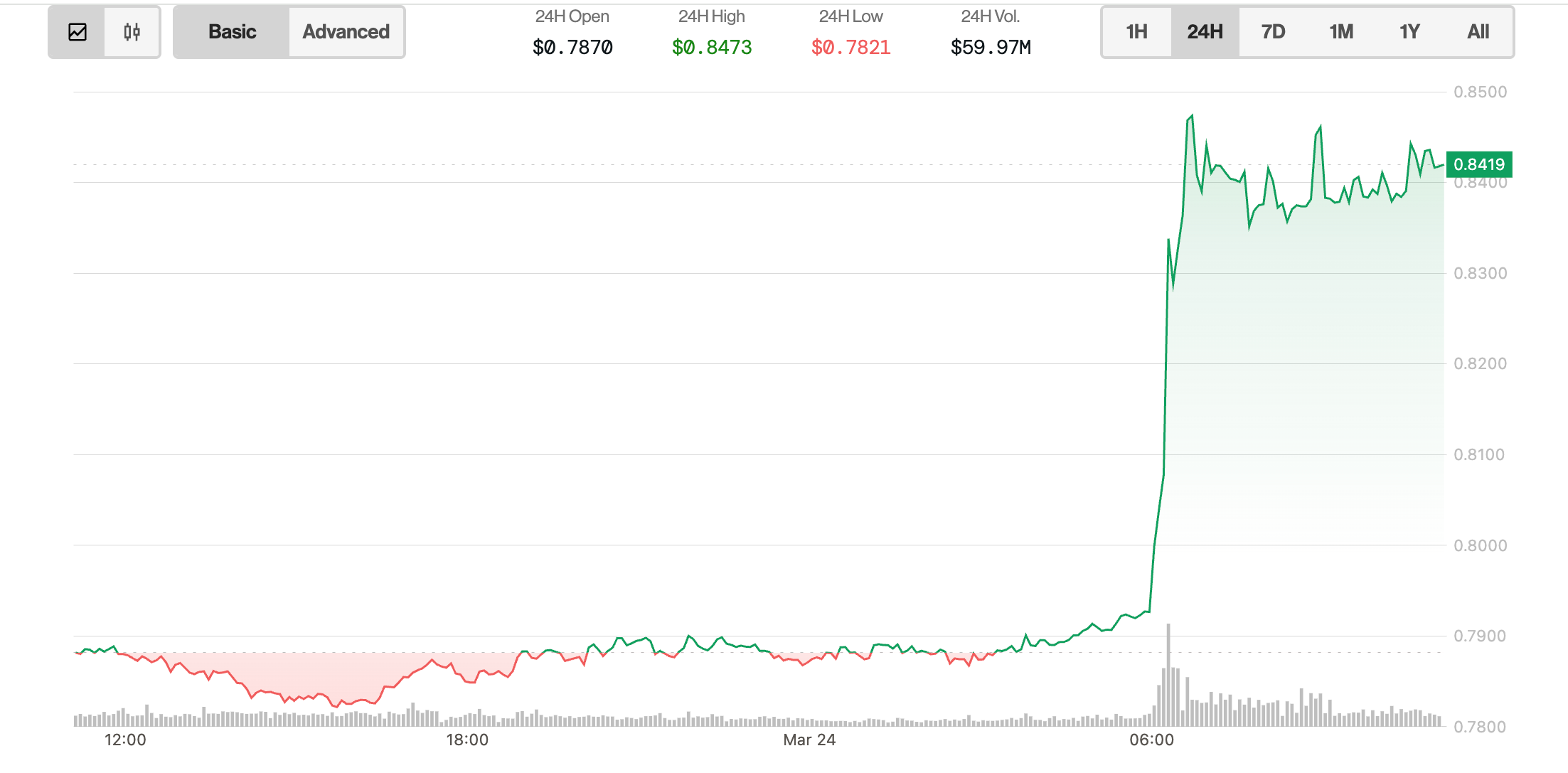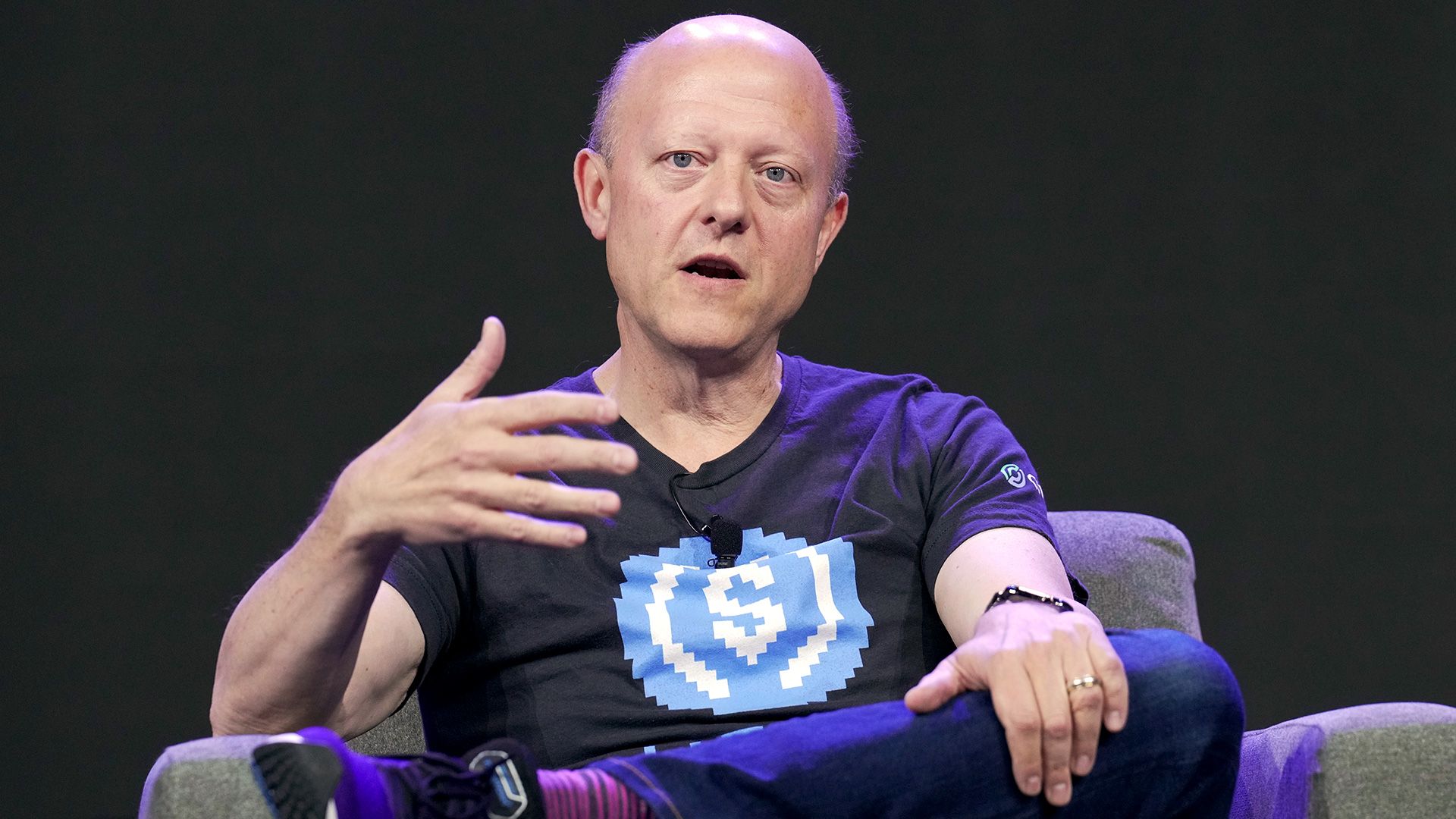This is a segment from The Breakdown newsletter. To read full editions, subscribe.
“Private markets are the new public markets.”
— Matt Levine
Because I was a professional trader for a long time, people have always asked me for investment advice.
At first, I’d try to explain that traders don’t know anything about investing, but then they’d just ask me for trading advice, as if it were the same thing.
(Full disclosure: Traders don’t know much about trading, either. It’s mostly luck.)
Eventually, I stopped trying to explain the difference and started just offering the standard advice instead: Put it all in an US equities index fund.
For anyone young enough to ride out the volatility, that’s always worked out because the S&P 500 has returned about 8.5% a year since its inception in 1928.
Over a decade or two, 8.5% a year is a lot — compound interest remains the eighth wonder of the world.
But the vast majority of stocks don’t compound at all, which makes things difficult.
A study by Hendrik Bessembinder found that just 4% of stocks accounted for all of the net returns in US equity markets between 1926 and 2019.
4%!
The other 96% of stocks, in aggregate, returned nothing.
So, investors who missed out on Amazon (+225,089%), Nvidia (+407,612%) or Microsoft (+825,487%), are unlikely to have achieved that average 8.5% return — or anything close to it.
(Bessembinder also cites the 265 million% lifetime return in Altria, but few of us have a 100-year investing lifetime, so I’m not sure how helpful that is.)
This has always been the rationale for index investing: It’s impossible to pick the small number of stocks responsible for long-term equity returns (let alone resist the urge to sell them), so it’s best to buy them all via an index (and never sell them).
Now, though, those kinds of mega-winners are less likely to be in the index.
Today’s most exciting companies — OpenAI, SpaceX, Epic Games — stay private seemingly forever.
This is a problem.
If we’re all counting on our stock portfolios to return 8.5% a year, but the kinds of companies that accounted for that 8.5% are no longer in them, how is anyone ever going to retire?
One possible solution is to “make IPOs great again,” as SEC Chair Paul Atkins told CNBC he intends to do.
Atkins says that by making disclosure requirements less onerous, companies will be encouraged to return to the stock market.
But I’m not sure why they’d bother — there’s so much private capital available for high-profile companies like OpenAI and Epic Games that there’s no reason for them to suffer any level of disclosure at all (let alone quarterly earnings calls, road shows, litigation risk, etc.).
The other possible solution is simply to let everyone invest in private companies.
Last week, Republic, an SEC and Finra regulated investing platform, announced it will make history by offering equity exposure in private companies to US investors — and that it’ll do so within the current set of US securities regulations, no special dispensation required.
Crypto, apparently, makes this possible.
After being KYC’d by Republic, retail investors will be able to buy tokenized versions of private shares that will (after an SEC-mandated waiting period) trade onchain between whitelisted wallets.
Republic is confident enough that regulators won’t object to its tokenized “mirror shares” that it’s now taking pre-orders for shares of SpaceX, OpenAI, Epic Games and Anthropic.
There are reasons for caution: Mirror shares do not confer any ownership rights. Instead, they are essentially a tradeable IOU, ultimately redeemable only in the event of an IPO or sale of a private company.
The IOUs are issued by Republic, not the companies themselves, so buyers will have counterparty risk if they do get a chance to redeem.
(This afternoon, OpenAI warned that the “OpenAI tokens” being offered by Robinhood to EU customers “are not OpenAI equity.”)
And while I’m guessing that Republic will generally back the mirror shares 1:1 with the equity it represents, it’s not required to.
Retail investors, however, have never been known for caution.
Republic co-CEO Andrew Durgee told me this morning that it’s already received $300 million of reservations for mirror shares.
That, I think, reflects the magnitude of the problem currently faced by public market investors, who rightly feel sidelined by the rise of private markets.
But buying OpenAI or SpaceX at a $300 billion+ market cap is unlikely to help anyone retire anytime soon.
Amazon, Microsoft and Nvidia, for example, all IPO’d at market capitalizations of well under $1 billion.
Better yet, Microsoft IPO’d at a P/E ratio of 10, which many people thought was expensive at the time.
It’s hard to imagine anyone making 800,000% from a $300 billion starting point and who knows what valuation.
I imagine Republic will soon make tokenized shares of younger, cheaper, still-private companies available, and maybe the next Microsoft will be among them.
But how will anyone spot it?
It’s easy to dismiss the SEC’s accreditation rules as paternalistic, but the equity raising process it enforces is a price discovery mechanism that makes equity markets significantly safer for retail investors.
Moving that process onchain comes with risk.
Still, fewer public companies to invest in is a growing problem for retail investors and investing in more private companies might be the answer.
Just don’t expect to make 8.5%.
Get the news in your inbox. Explore Blockworks newsletters:



















